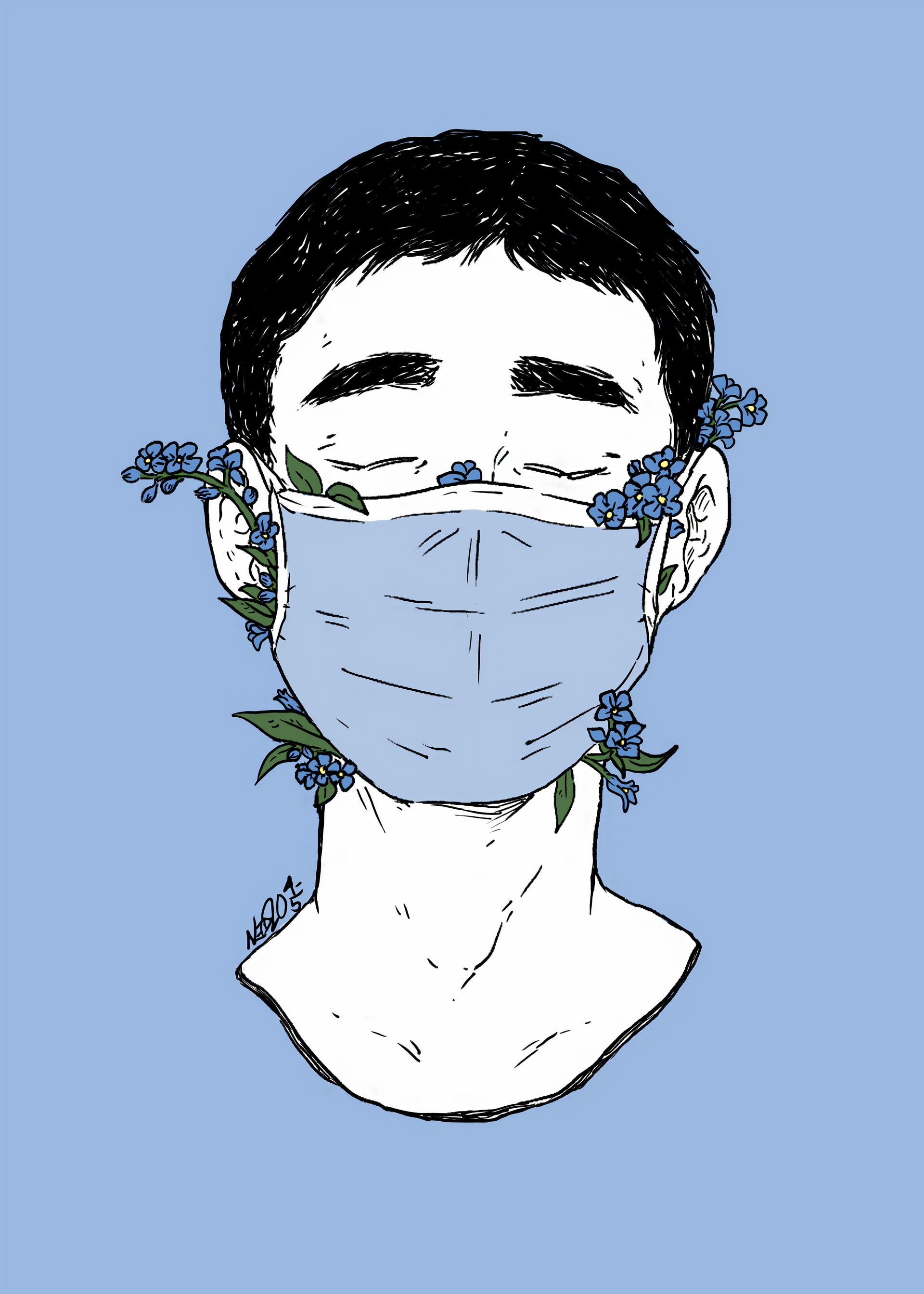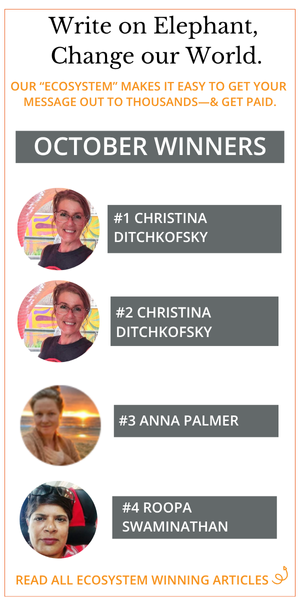It is 7:30 a.m.
The birds are singing a song of joy outside my window, but I have awoken with the breath of sadness and weight.
I move amongst my apartment making coffee and feeding starving dogs who ate six hours ago while preparing for a “rough day at the office.”
I move from my kitchen espresso machine into my spare bedroom of the apartment. I work from home as a crisis counselor for my state’s COVID-19 crisis hotline.
I take calls, in my pajamas most days, from those who are struggling with the pandemic. Struggling with the loss of a job, loss of a loved one, or simply the loss of hope and motivation—a central theme of loss floods every call like a dam giving way at its seams.
I relate to most of these callers; blank faces and breaking voices all searching for someone to validate that they still exist.
Most of these individuals call just to have a conversation. They want to talk about their day, their family life, their dinner choices. Many of the callers I speak with want me to give them advice, opinions, or mental health treatment on the phone—I am constantly reminded that I am unable to give them peace.
I do not possess the life experience that comes with “how to live after a pandemic.”
I noticed, recently, the extent of my own pandemic struggle: weight gain and lack of a healthy eating regimen combined with a fear of leaving my home and struggling to interact with others due to bitterness.
What a clinical description.
This all equates to my depression rearing its ugly head, once again. This normally signals the time that I overhaul my life:
>> Change habits in the blink of an eye!
>> Reach out to everyone I know and be at their beck and call, no matter the expense on my own mental health!
>> Shame myself whenever I reach for chocolate over cherries and push myself even harder to get to the gym!
>> Ignore trauma from past friendships and relationships and force healing and growth!
The usage of exclamation points gives the imaginary effect that all of this comes to fruition.
It is 8:00 a.m.
I am on my first hotline call of the day with a woman who has lost a loved one to COVID-19. She is calling to talk about her anger and frustration toward those who think this illness is a hoax. Amidst tearful speech and breaks to sniffle, the caller explains that she knew I couldn’t fix any of this but wanted to know my opinion.
All my training for the hotline states not to give advice or opinions and to not share personal details about ourselves.
All my training for the hotline states that we are not to take a stance or converse with callers.
We are only there to support, validate, and give resources.
All my Buddhist teachings tell me to be of service to all. They tell me to spread love and compassion. They also yell louder from the depths of my mind than the standardized employment training.
So, I threw my proverbial hands in the air and began a conversation with this caller.
We ended the call with pleasant goodbyes, and I hung up with a smile perched on my lips. I felt useful for the first time in months. I felt true empathy for the first time in just as long. I was brimming over with compassion and love, care and concern for this heartbroken soul.
My lack of routine and schedule, lack of discipline, and self-control at times, no longer felt like a ton of bricks on my shoulders. I knew I had changes to make and was aware of the path to follow.
But, what was different? What made this one situation so shocking? What could this one caller change regarding how I moved forward in my life?
Kindness.
I was being kind to myself. I was able to give myself compliments regarding my handling of the call, as well as true compassion toward this beautiful woman. I didn’t end the call and proceed to criticize myself or beat myself down with the bludgeon of negative self-talk. I also didn’t hang up and dissociate from the scenario. I allowed myself to process the call and enjoy the warmth the conversation had provided.
That is it.
That is the key, the aha moment, the lightbulb going off in the mind in an instant—kindness toward ourselves.
Kindness toward others.
Loving our bodies as they are now.
Loving our thoughts and ideas as they present themselves now.
Talking to ourselves as kind as we talk to friends or to lovers.
I wish I could say that internal kindness is enough to fix all that the pandemic has plagued you with—it is not. This isn’t a list of statements that, if practiced properly, will fix what these lockdowns have caused you to feel. There is not a call to action here, nor a success story that went from awful to amazing by the time the words end.
I offer you relatability; I can’t be alone in this.
I offer you the gift of kindness, what that can look like for you, and how it helped me. I offer you community—you are not alone. I offer you not the light at the end of the tunnel but the direction of the right tunnel to begin walking down.
I leave you with this wholehearted wish and thought: we will get through this.
Namaste.
“Hope is important because it can make the present moment less difficult to bear. If we believe that tomorrow will be better, we can bear a hardship today.” ~ Thich Nhat Hanh
~

 Share on bsky
Share on bsky





Read 12 comments and reply